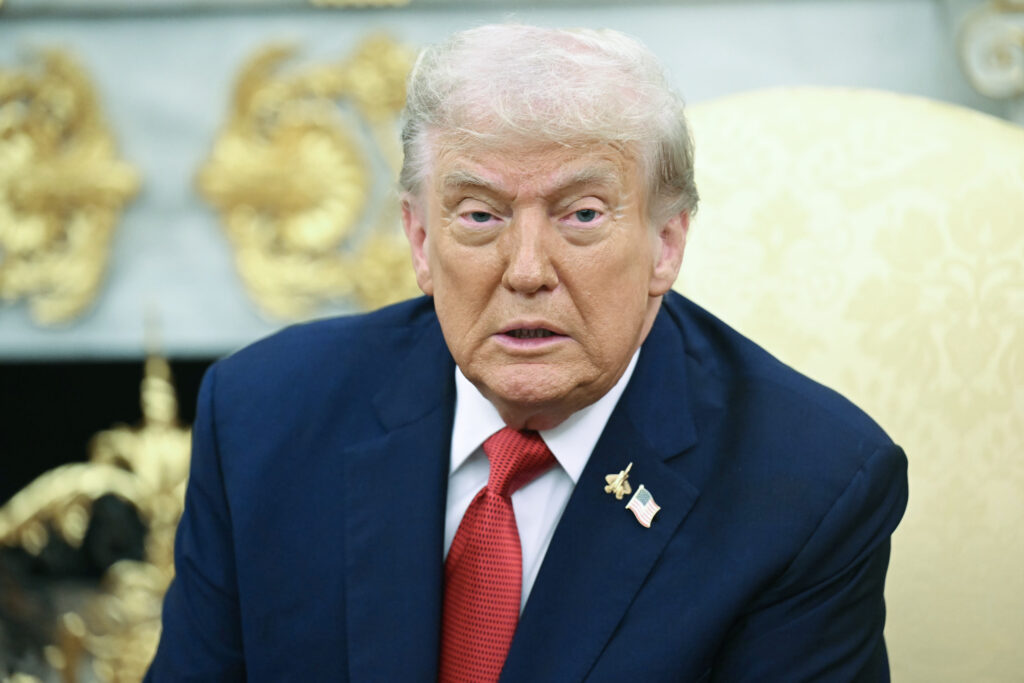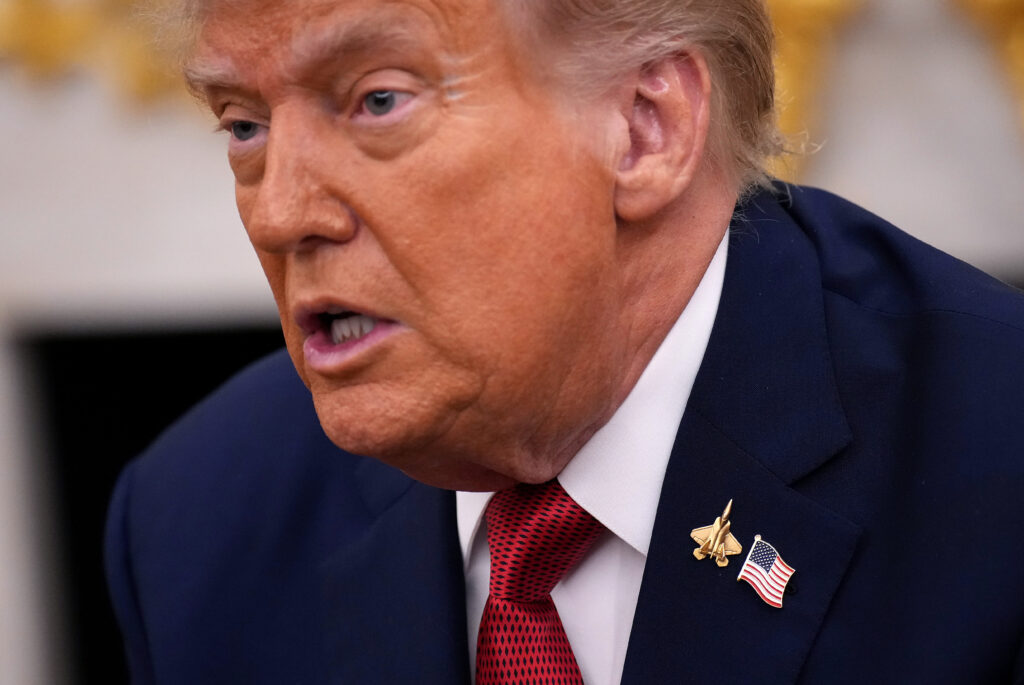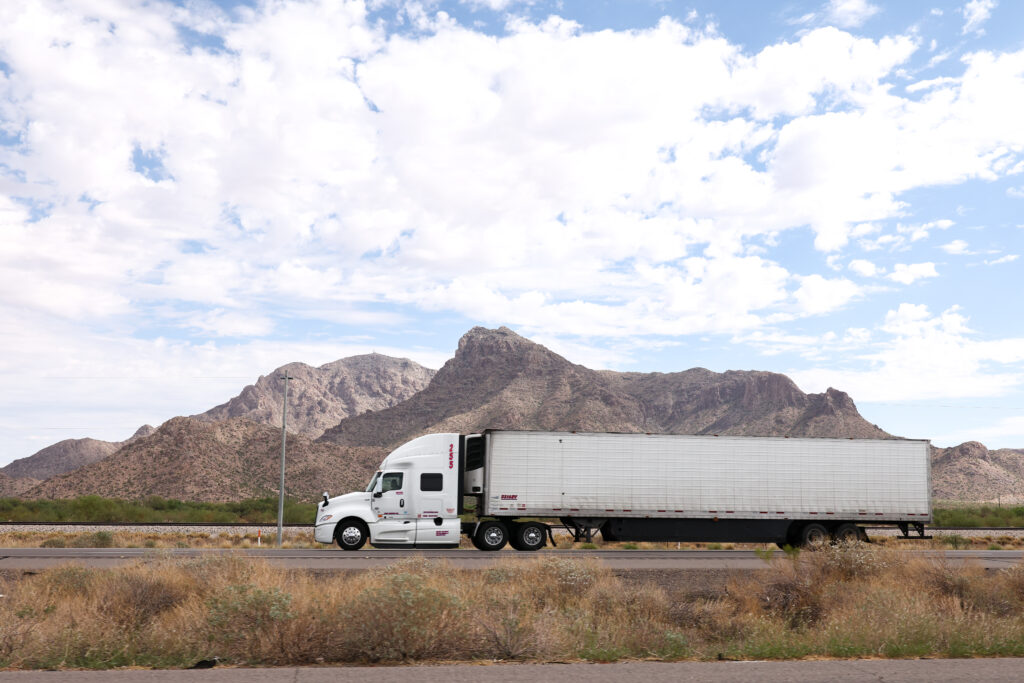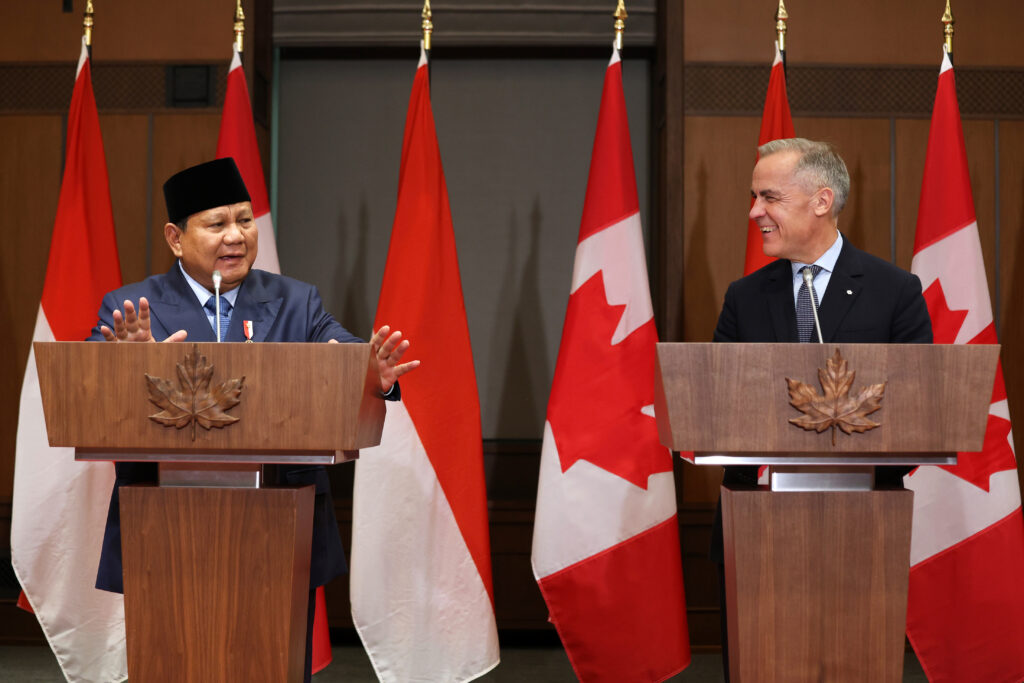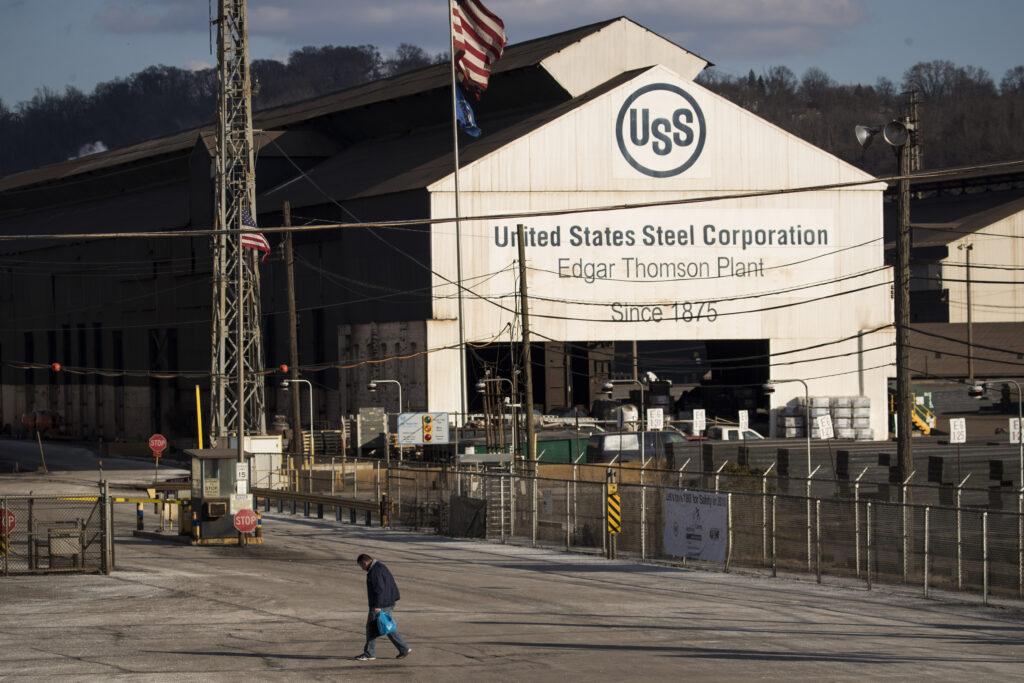UN identifies 158 firms linked to Israeli settlements
The United Nations on Friday released a long-awaited update of its database of companies with activities in Israeli settlements in Palestinian territories, listing 158 firms from 11 countries.UN rights chief Volker Turk has condemned as a war crime Israel’s policy of settlements on Palestinian territory in the occupied West Bank.While several companies including Alstom and Opodo had been removed from the non-exhaustive database, major firms such as Airbnb, Booking.com, Motorola Solutions and TripAdvisor remained on the list. Contacted by AFP for their reaction, the companies have not so far responded.While most of the companies were based in Israel, others were based in Canada, China, France, Germany, Luxembourg, the Netherlands, Portugal, Spain, Britain and the United States.The report, from the Office of the High Commissioner for Human Rights (OHCHR), urged companies to “take appropriate action to address the adverse human rights impacts” of their activities.Turk said in a statement: “This report underscores the due diligence responsibility of businesses working in contexts of conflict to ensure their activities do not contribute to human rights abuses.”Israel denounced the report as “a document with no legal ground and far beyond the scope of the OHCHR”.The country’s UN office in Geneva added: “The OHCHR continues to misuse UN resources to tarnish Israel, proving that it is not able to execute its mandate in any adequate way.”We call on friends not to yield to this ugly attempt to blacklist Israeli firms.”- Mostly Israeli firms -The list was first produced in 2020 after a UN Human Rights Council resolution called for a database of firms that profited from business in illegally occupied Palestinian territory. The UN rights office was asked to list companies found to be taking part in any of 10 activities, including construction, surveillance, demolitions and destruction of agricultural land in Israeli settlements in the West Bank, including East Jerusalem.Listing companies in the database was “not, and does not purport to be, a judicial or quasi-judicial process”, it stressed.Despite a requirement for the database to be updated annually, it has been revised just once before, in 2023, when some companies named in the original list were removed.Friday’s release marks the first update that includes fresh names.”A total of 68 new companies were added to the list published in 2023, while seven of those… were removed as they were no longer involved in any of the activities concerned,” the rights office said.- Contentious -The list is not exhaustive, the rights office said, acknowledging that it had only had time to review 215 of the 596 companies about which it received submissions.For this latest update it said it had prioritised companies with a direct physical link in the settlements, in the fields of construction, real estate, mining and quarries.The remainder will be assessed in future updates, it said.The exercise has been contentious from the start.In 2020, Israel and the United States condemned the creation of the database.The then Israeli foreign minister Israel Katz slammed it as “a shameful surrender to pressure from countries and organisations who want to harm Israel”.Today, nearly two years into the war raging in Gaza, where Israel faces growing accusations of committing genocide, the issue has become even more contentious.Israel has controlled the West Bank since 1967 in an occupation considered illegal under international law.Violence in the West Bank has also soared since the October 7, 2023, Hamas attack on Israel at the start of the Gaza war, even as Israeli government ministers have ramped up their calls to annex the West Bank.

